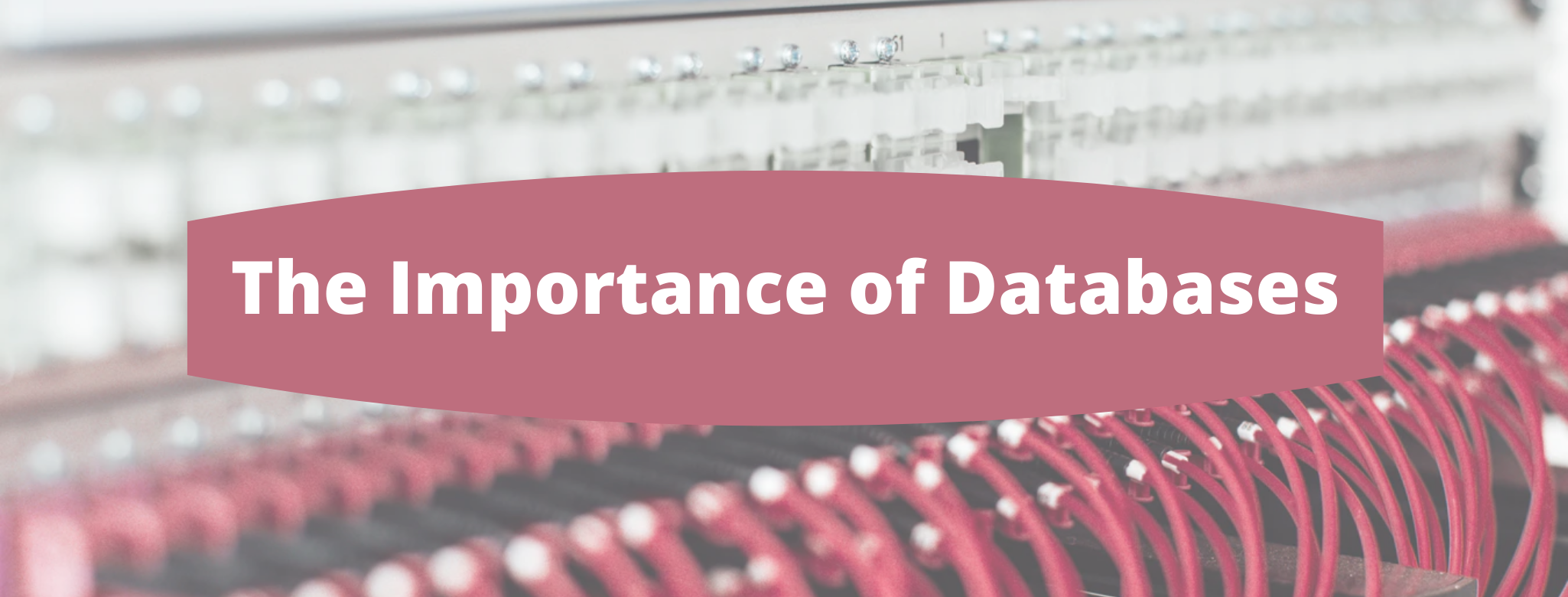Databases are designed to solve problems. They help companies more efficiently store, organize and manage information.
And yet, many companies are still loyal to their hundreds of excel spreadsheets.
We all have experienced the headache of managing those spreadsheets and seen their limitations. Whether that’s in regard to their inability to sync multiple users’ entries without overwriting changes, correct user data entry errors, or even restrict which columns users can and cannot edit depending on their job role.
So why are companies still using excel to store and manage data? I’m sure that one of the biggest reasons is that the task of migrating over to using a database seems overwhelming. We here at Xantie specialize in effective data management and would love to help your company make the transition from spreadsheets to database.
Let’s talk about some of the advantages of using a database.
Advantages of Using a Database
Security
Databases offer many options for data security including user roles and encryption. User roles allow us to set different security permissions for each person who accesses the database.
For example, as a database administrator, I could have access to all the tables and information and I could view, edit and delete records.
As an accountant, I could only access financial tables and perhaps only view and edit the data. If I wanted to delete records, I would need to contact the database admin. Other people could just have viewing permissions, etc.
Encryption is also an important benefit of database security. Encryption allows us to store sensitive data, such as passwords, using a code of sorts. So instead of storing my password as “password123” the database could store it as “cbfdac6008f9cab4083784cbd1874f76618d2a97.” This makes it very hard for someone to steal passwords--which is what we want!
Organization
Files and spreadsheets work okay for smaller amounts of data; but what about when you have a spreadsheet for each budget for each month of each year and you’ve been in business for 5 years?
It makes it difficult to manage each of those 60 spreadsheets. And what if you need to change something across all the spreadsheets such as department names? You would have to go into each spreadsheet and make those changes manually.
Because a database houses all the data in the same place and organizes it into tables, it becomes much easier and quicker to make large edits like changing department names or updating your fiscal calendar.
It also means that you don’t have to go searching for files, but you can simply use some basic SQL to pull the exact information you are looking for.
Speed
It’s pretty quick and easy to scroll through a spreadsheet that has 300 records or so, but what about 100,000? It takes so much scrolling and loading to get through all the data.
And what if you have 20 spreadsheets open at once? The whole process becomes slower and often results in the program crashing and you losing all your changes.
Databases are built to handle millions of rows of data.
They can pull thousands of records sub-second which means that your index finger can finally get a break from all that scrolling.
This also means that when you need to quickly find out what your total revenue was this year compared to last year, you can just write some SQL and get your answer within seconds rather than having to open multiple files and find the answer yourself.
Data Normalization
Spreadsheets allow for user error. People can incorrectly type in date and currencies, misspell department or location names, etc.
Databases require standardized data and format everything the same way according to rules your database administrator determines.
---
Simply put, databases make your life easier. So what are you waiting for?
We here at Xantie would love to help you set up your own database. Already have a database? We can connect to your existing database and create beautiful reports or apps that allow you to interact with your data and answer business questions.




